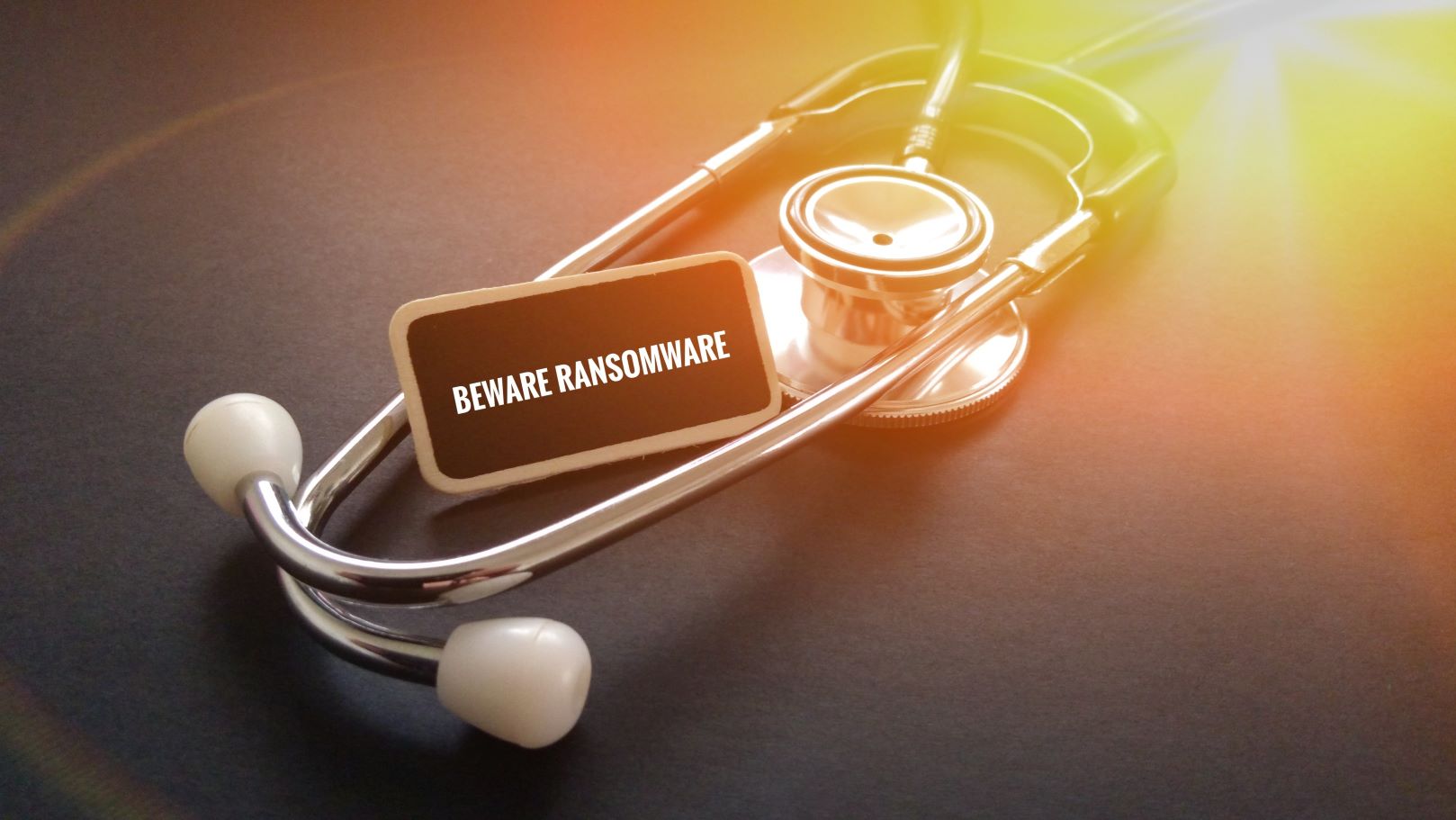In a chilling reminder of the vulnerability of critical healthcare infrastructure, Seattle-based Fred Hutchinson Cancer Center (Fred Hutch) fell victim to a sophisticated cyberattack in November 2023. This attack, targeting sensitive patient data and disrupting vital operations, has sent shockwaves through the medical community and beyond.
What happened?
Unidentified attackers gained unauthorized access to Fred Hutch's clinical network, compromising the personal information of an estimated 800,000 patients. This information included names, Social Security numbers, phone numbers, medical history, lab results, and insurance history. While the extent of the attack and the attackers' motives remain unclear, the potential consequences are deeply troubling.
Impact on patients
The breach has caused widespread anxiety and concern among Fred Hutch patients. Many worry about the potential misuse of their sensitive information, including identity theft and medical fraud. Additionally, some patients have expressed frustration with the lack of clear communication from the organization in the immediate aftermath of the attack.
"We are still investigating the data involved in the cybersecurity incident," said Christina VerHeul, AVP of Communications at Fred Hutch. "At this time, we can't speculate about the number of people impacted. We are working to complete the investigation as quickly as possible and will directly contact the individuals whose information was involved."
"I would encourage anyone to visit our website where we have a lot of the information available about the incident," VerHeul added.
Operational disruptions
The cyberattack also disrupted Fred Hutch's operations, forcing the shutdown of some systems and delaying patient appointments. The incident underscores the critical dependence of healthcare institutions on reliable technology and data security.
Wider implications
The Fred Hutch attack is not an isolated incident; it is part of a growing trend of cyberattacks targeting healthcare organizations, highlighting the need for robust cybersecurity measures across the entire healthcare industry.
Ardent Health Services recently suffered an attack that affected operations of emergency rooms at three of the healthcare provider's 30 facilities. In March, a hospital in Barcelona was hit with a ransomware attack. In June, St. Margaret's Health, a hospital located in Spring Valley, Illinois, announced its closure due to a cyberattack that occurred in 2021.
In 2019, another Seattle-area healthcare organization, Grays Harbor Community Hospital, sent notices to 85,000 patients of a ransomware attack that impacted medical records. The hospital did not pay the ransom, which was the Bitcoin equivalent of around $1 million.
[RELATED: Feds Levy First-Ever HIPAA Fine for a Phishing Breach]
The incident raises several important questions:
- How can healthcare institutions better protect sensitive patient data?
- What role should the government play in cybersecurity preparedness?
- How can patients be informed and empowered in the wake of cyberattacks?
Moving forward
Fred Hutch is working to address the attack, notifying patients, collaborating with law enforcement, and enhancing its cybersecurity measures. However, the incident serves as a stark reminder of the vulnerabilities within our healthcare systems and the need for collective action to safeguard patient data and ensure the continuity of essential medical services.




